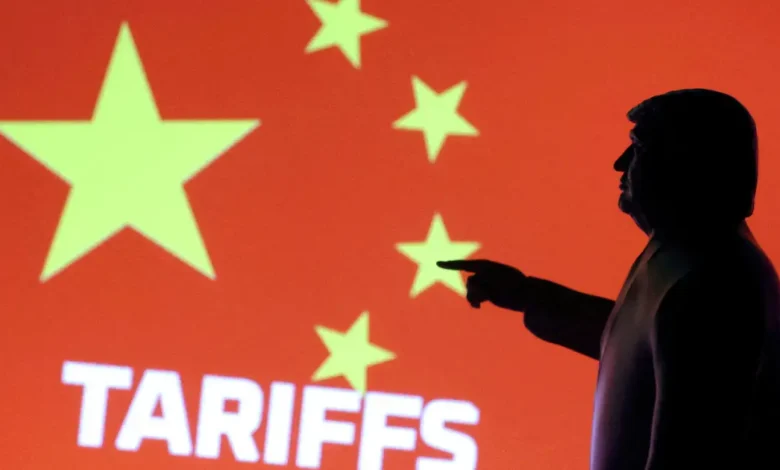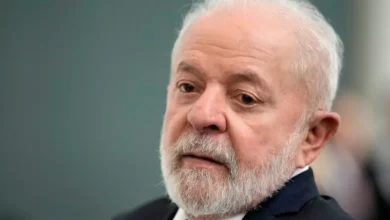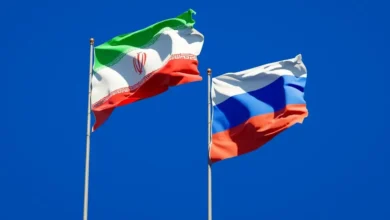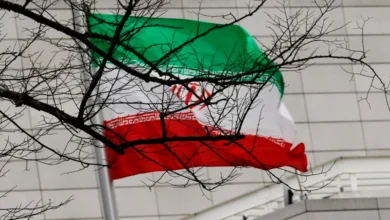China vows to defend ‘justice’ in first trade talks with US since Trump’s tariff surge

China vowed on Wednesday to defend “justice” in upcoming trade talks with the United States in Switzerland — the first formal negotiations between the two economic powers since President Donald Trump’s sweeping tariffs reignited a trade war.
Since returning to the White House in January, Trump has imposed tariffs amounting to 145 percent on Chinese goods, with additional sector-specific measures. In retaliation, Beijing has levied 125 tariffs on US imports and introduced further targeted restrictions.
The weekend talks will mark the first official engagement between the world’s two largest economies aimed at de-escalating the renewed trade conflict.
US Treasury Secretary Scott Bessent and U.S. Trade Representative (USTR) Jamieson Greer will represent Washington at the talks, which will be held on Saturday and Sunday. Vice Premier He Lifeng will lead China’s delegation, China’s foreign ministry confirmed.
“We will agree what we’re going to talk about. My sense is that this will be about de-escalation, not the big trade deal,” Bessent told Fox News’ The Ingraham Angle. “We’ve got to de-escalate before we can move forward,” he added.
China’s commerce ministry warned it would not compromise on principle. “If the US wants to resolve the issue through negotiations, it must face up to the serious negative impact of unilateral tariff measures on itself and the world,” a ministry spokesperson said.
“If the US talks in one way and acts in another — or even attempts to continue to coerce and blackmail China under the guise of talks — China will never agree,” the spokesperson added, stressing that Beijing would not “sacrifice its principled position and international fairness and justice.”
The USTR also announced Greer would meet with “his counterpart from the People’s Republic of China” to discuss trade matters.
The tariff escalation has roiled financial markets and contributed to a marked slowdown in bilateral trade. “This isn’t sustainable,” Bessent said. “Especially on the Chinese side. 145 percent, 125 percent is the equivalent of an embargo. We don’t want to decouple. What we want is fair trade.”









